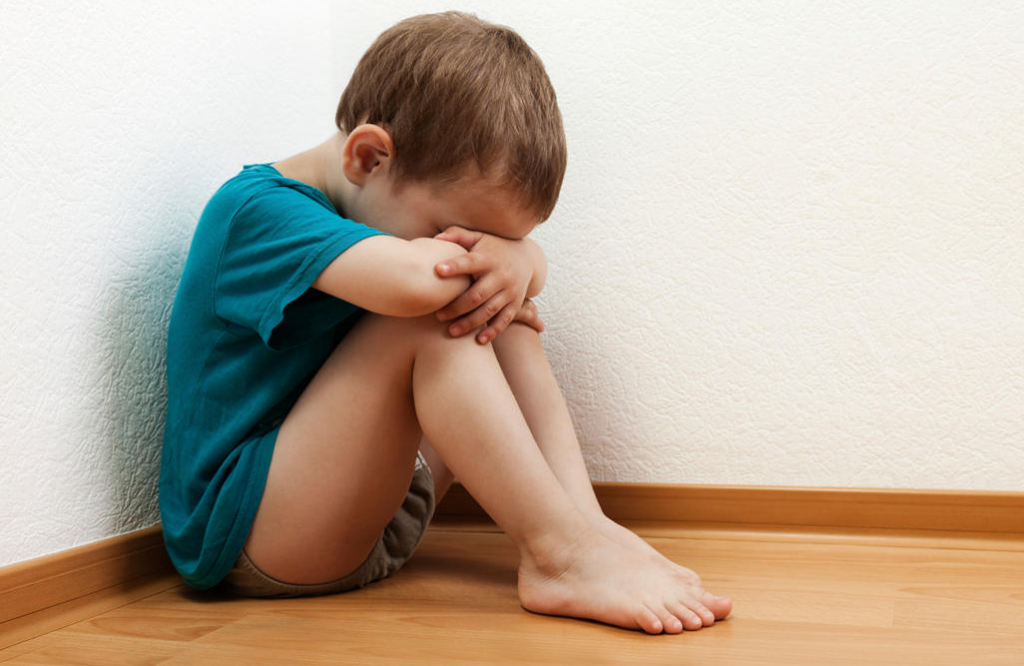
The Mayo Clinic defines abuse as “any intentional harm or mistreatment to a child under 18 years old.” Abuse takes many forms: emotional, physical, sexual, medical and neglect. All community members are responsible for protecting the most defenseless among them. Children may not speak up and they certainly cannot protect themselves, but you can be their voice and you can protect them.
Children who are being abused may feel guilty or ashamed and have a hard time talking to anyone about it. So it is important for the other adults in their lives to be vigilant in looking for the signs. Teachers, doctors, neighbors, and other family members may be able to notice these signs:
- Withdrawal from friends or usual activities
- Changes in behavior — such as aggression, anger, hostility or hyperactivity — or changes in school performance
- Depression, anxiety or unusual fears, or a sudden loss of self-confidence
- An apparent lack of supervision
- A child that desperately seeks attention outside of his family.
- Frequent absences from school
- Reluctance to leave school activities, as if he or she doesn’t want to go home
- A child who is not allowed to contact anyone outside the family, even taking into account social distancing.
- A parent who won’t let the child be separated and is perhaps frightening, even to you.
- Attempts at running away
- Rebellious or defiant behavior
- Self-harm or attempts at suicide
Specific signs and symptoms depend on the type of abuse and can vary. Keep in mind that warning signs are just that — warning signs. The presence of warning signs doesn’t necessarily mean that a child is being abused.
Physical abuse signs and symptoms
- Unexplained injuries, such as bruises, fractures or burns
- Injuries that don’t match the given explanation
- Evidence of being tied up.
- Burn, belt, or bite marks. (These children may overdress in warm weather or inside to cover the marks.)
- Fear of water (such as going into a pool), after being dunked as punishment.
Sexual abuse signs and symptoms
- Sexual behavior or knowledge that’s inappropriate for the child’s age
- Pregnancy or a sexually transmitted infection
- Blood in the child’s underwear (This may also indicate a serious underlying medical issue.)
- Statements that he or she was sexually abused
- Inappropriate sexual contact with other children
Emotional abuse signs and symptoms
- Delayed or inappropriate emotional development
- Loss of self-confidence or self-esteem
- Social withdrawal or a loss of interest or enthusiasm
- Depression
- Avoidance of certain situations, such as refusing to go to school or ride the bus
- Desperately seeks affection
- A decrease in school performance or loss of interest in school
- Loss of previously acquired developmental skills
- Loud yelling, screaming, or even loud TVs or music coming from a neighbor’s house.
- A child who overreacts to banging.
- If you witness or experience belittling, shaming, teasing, and bullying.
Neglect signs and symptoms*
- Poor growth or weight gain or being overweight
- Poor hygiene
- Lack of clothing or supplies to meet physical needs
- Taking food or money without permission
- Hiding food for later
- A child who does not get proper medical care, perhaps because the abuser fears being caught, especially when the child is injured.
- A child who misses a lot of school.
- A child who eats mass quantities of food if given the opportunity.
- A child who is improperly dressed, for instance out in the cold without shoes or a coat, or who always looks dirty.
*Note: Many of these signs could also be signs of abject poverty, in which case help is needed for the entire family. A trained social worker can help to discern and work to rectify either situation.
Parental behavior
Sometimes a parent’s behavior sends red flags about child abuse. Warning signs include a parent who:
- Shows little concern for the child
- Appears unable to recognize distress in the child
- Blames the child for problems
- Consistently belittles or berates the child, and describes the child with negative terms, such as “worthless” or “evil”
- Expects the child to provide him or her with attention and care and seems jealous of other family members getting attention from the child
- Uses harsh physical discipline
- Demands an inappropriate level of physical or academic performance
- Severely limits the child’s contact with others
- Offers conflicting or unconvincing explanations for a child’s injuries or no explanation at all
If you suspect abuse, it is better to be safe than sorry. Don’t question your instincts on this one. It is wisest to let the authorities handle these situations, rather than trying to confront a potential abuser yourself. You could put yourself as well as the child in more danger.
If you think it is the babysitter or a child care staff member who might be abusing your child, again, keep the child away from the potential abuser and call the police immediately.
To report abuse, please call the Childhelp National Child Abuse Helpline at 1.800.4-A-CHILD (1.800.422.4453). It is staffed 24/7. You can also find the phone number specifically for your state here.
If you are afraid that you will become an abuser yourself, you can also call the Childhelp Helpline for that.
By Serrin M. Foster
Editor-in-Chief
& Bethanie Ryan
Major sources for this article were the Mayo Clinic and WebMD.
